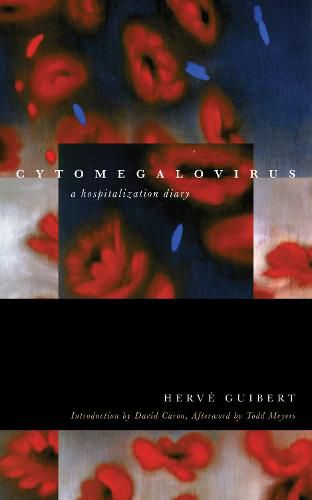Readings Newsletter
Become a Readings Member to make your shopping experience even easier.
Sign in or sign up for free!
You’re not far away from qualifying for FREE standard shipping within Australia
You’ve qualified for FREE standard shipping within Australia
The cart is loading…






By the time of his death, Herve Guibert had become a singular literary voice on the impact of AIDS in France. He was prolific. His oeuvre contained some twenty novels, including To the Friend Who Did Not Save My Life and The Compassion Protocol. He was thirty-six years old. In Cytomegalovirus, Guibert offers an autobiographical narrative of the everyday moments of his hospitalization because of complications of AIDS. Cytomegalovirus is spare, biting, and anguished. Guibert writes through the minutiae of living and of death-as a quality of invention, of melancholy, of small victories in the face of greater threats-at the moment when his sight (and life) is eclipsed.
This new edition includes an Introduction and Afterword contextualizing Guibert’s work within the history of the AIDS pandemic, its relevance in the contemporary moment, and the importance of understanding the quotidian aspects of terminal illness.
$9.00 standard shipping within Australia
FREE standard shipping within Australia for orders over $100.00
Express & International shipping calculated at checkout
By the time of his death, Herve Guibert had become a singular literary voice on the impact of AIDS in France. He was prolific. His oeuvre contained some twenty novels, including To the Friend Who Did Not Save My Life and The Compassion Protocol. He was thirty-six years old. In Cytomegalovirus, Guibert offers an autobiographical narrative of the everyday moments of his hospitalization because of complications of AIDS. Cytomegalovirus is spare, biting, and anguished. Guibert writes through the minutiae of living and of death-as a quality of invention, of melancholy, of small victories in the face of greater threats-at the moment when his sight (and life) is eclipsed.
This new edition includes an Introduction and Afterword contextualizing Guibert’s work within the history of the AIDS pandemic, its relevance in the contemporary moment, and the importance of understanding the quotidian aspects of terminal illness.